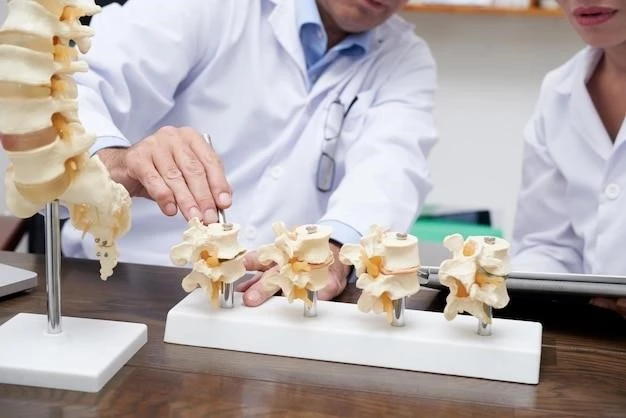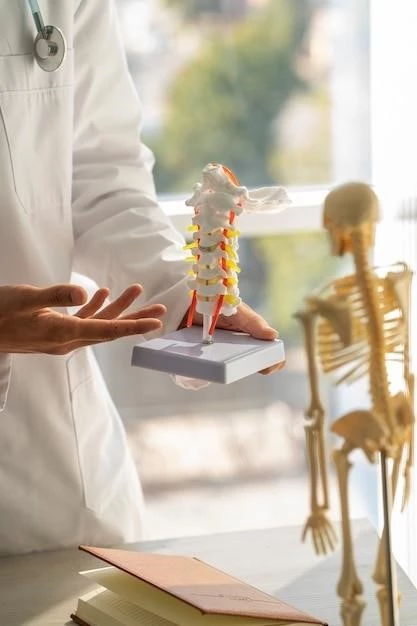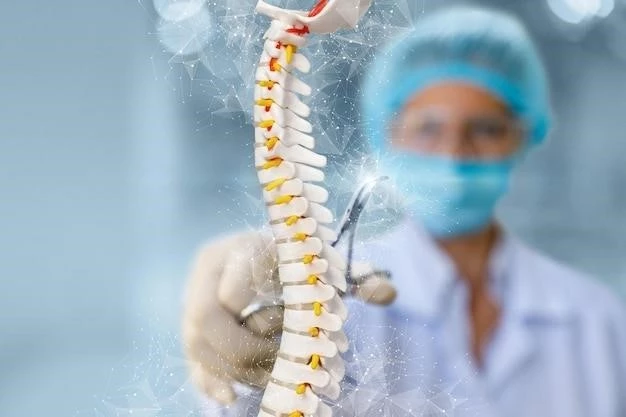Introduction
Spinal cord injury (SCI) is a devastating neurological condition that causes physical dependence‚ morbidity‚ and psychological stress. It occurs when the spinal cord is damaged‚ leading to loss of motor and/or sensory function.
Overview of Spinal Cord Disorder
Spinal cord disorder encompasses a range of injuries and diseases that can severely impact neurological function‚ leading to paralysis‚ impaired sensation‚ and other debilitating symptoms. These conditions can arise from various causes‚ such as traumatic injuries‚ infections‚ tumors‚ and autoimmune disorders. Understanding the complexity and consequences of spinal cord disorders is crucial for effective treatment and management to improve patients’ quality of life.
Causes and Risk Factors
Spinal cord disorders can result from various factors‚ including trauma from accidents‚ infections‚ tumors‚ autoimmune diseases‚ degenerative conditions‚ and spinal cord compression. Risk factors include athletic activities‚ diseases like cancer‚ and spinal stenosis.
Various Causes of Spinal Cord Disorders
Spinal cord disorders can arise from a multitude of sources‚ including traumatic injuries such as falls‚ degenerative conditions like spinal stenosis‚ infections such as meningitis‚ autoimmune diseases like multiple sclerosis‚ tumors affecting the spinal cord‚ and inflammatory diseases. These diverse causes underscore the complexity of spinal cord disorders and the importance of comprehensive treatment approaches.
Symptoms and Diagnosis
Spinal cord disorders can result in symptoms like paralysis‚ loss of sensation‚ altered reflexes‚ muscle weakness‚ and difficulty controlling bladder and bowel functions. Diagnosing these conditions typically involves a thorough physical examination‚ imaging tests‚ and neurological assessments to determine the extent and location of the spinal cord damage.
Recognizing Symptoms of Spinal Cord Disorders
Symptoms of spinal cord disorders include paralysis‚ loss of sensation‚ altered reflexes‚ muscle weakness‚ and difficulty controlling bladder and bowel functions. These symptoms can vary depending on the location and severity of the spinal cord damage.
Treatment Options
Spinal cord disorders necessitate treatments like surgery‚ medications‚ physical therapy‚ and assistive devices to manage symptoms and improve function. Innovative approaches‚ including stem cell therapy and neuroregenerative techniques‚ are being explored in research to enhance outcomes for individuals with spinal cord disorders.
Approaches to Treating Spinal Cord Disorders
Spinal cord disorders are typically managed through a combination of treatments such as surgery to decompress the spinal cord‚ medications to reduce inflammation and manage pain‚ physical therapy to improve mobility and strength‚ and assistive devices to enhance daily functioning. Additionally‚ innovative approaches like stem cell therapy and neuroregenerative techniques are being investigated for their potential in treating spinal cord disorders.

Prevention and Management
Preventing spinal cord disorders involves reducing risks like traumatic injuries from accidents or sports‚ infections‚ and degenerative diseases. Managing these conditions often requires a multi-faceted approach‚ including timely medical intervention‚ rehabilitation‚ and assistive technologies to improve quality of life for individuals affected by spinal cord disorders.
Strategies for Preventing and Managing Spinal Cord Disorders
Preventing spinal cord disorders involves minimizing risks such as traumatic injuries‚ infections‚ and degenerative diseases through safety measures and regular screenings. Managing these disorders requires a comprehensive approach‚ including medical interventions‚ rehabilitation‚ and assistive technologies to support individuals in coping with the challenges posed by spinal cord disorders.

Ongoing Research and Clinical Trials
Advancements in understanding and treating spinal cord disorders involve ongoing research and clinical trials focused on developing innovative therapies‚ such as spinal cord stimulation and regenerative medicine approaches‚ to enhance recovery and quality of life for individuals with these conditions.
Advancements in Understanding and Treating Spinal Cord Disorders
Research in spinal cord disorders focuses on developing innovative therapies like spinal cord stimulation and regenerative medicine approaches to improve recovery and quality of life for individuals affected by these conditions.
